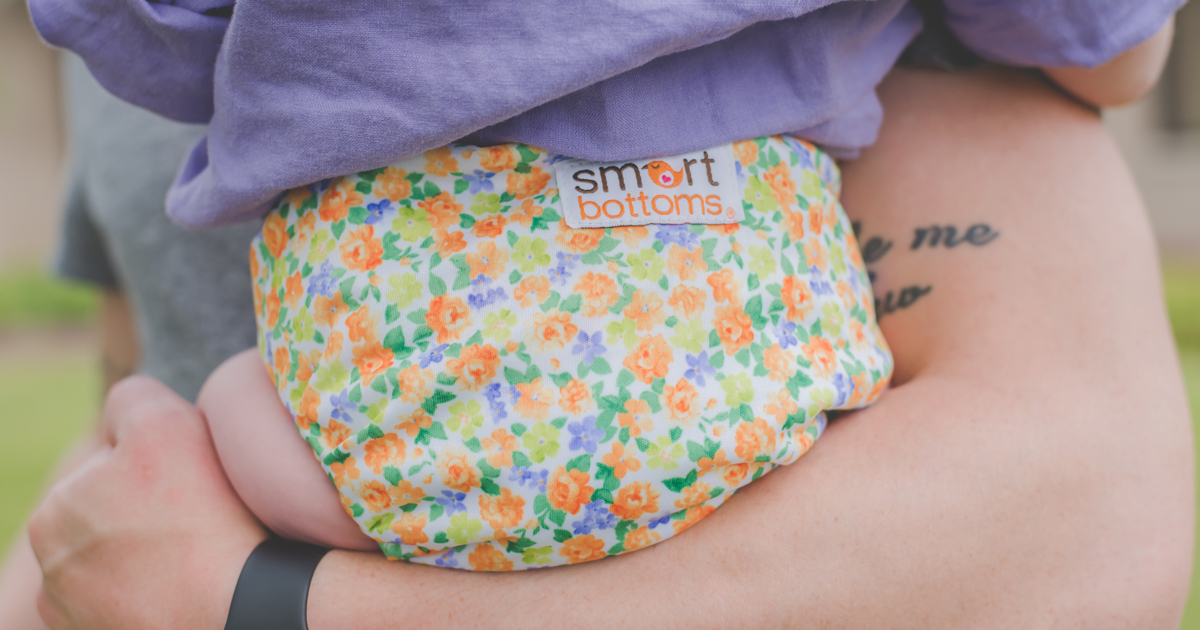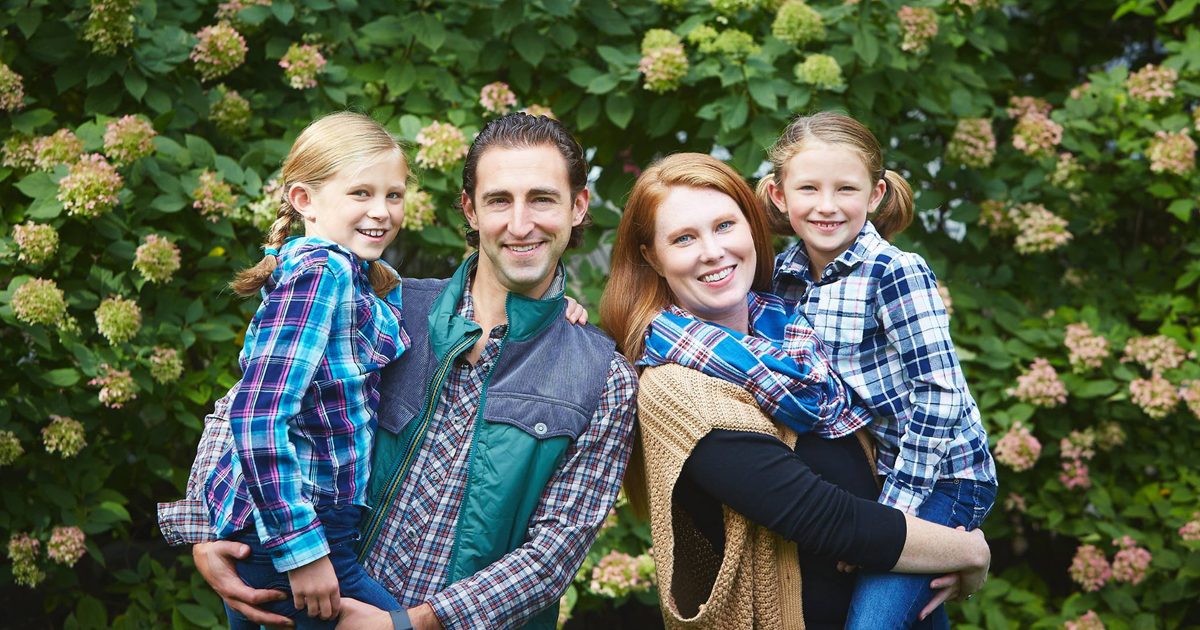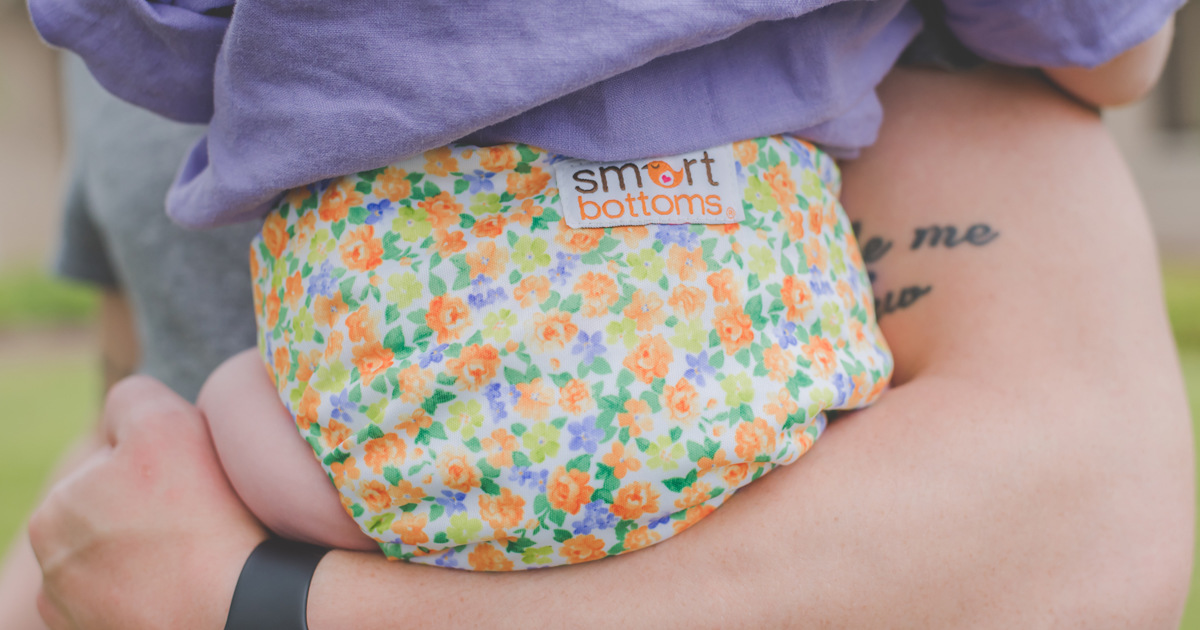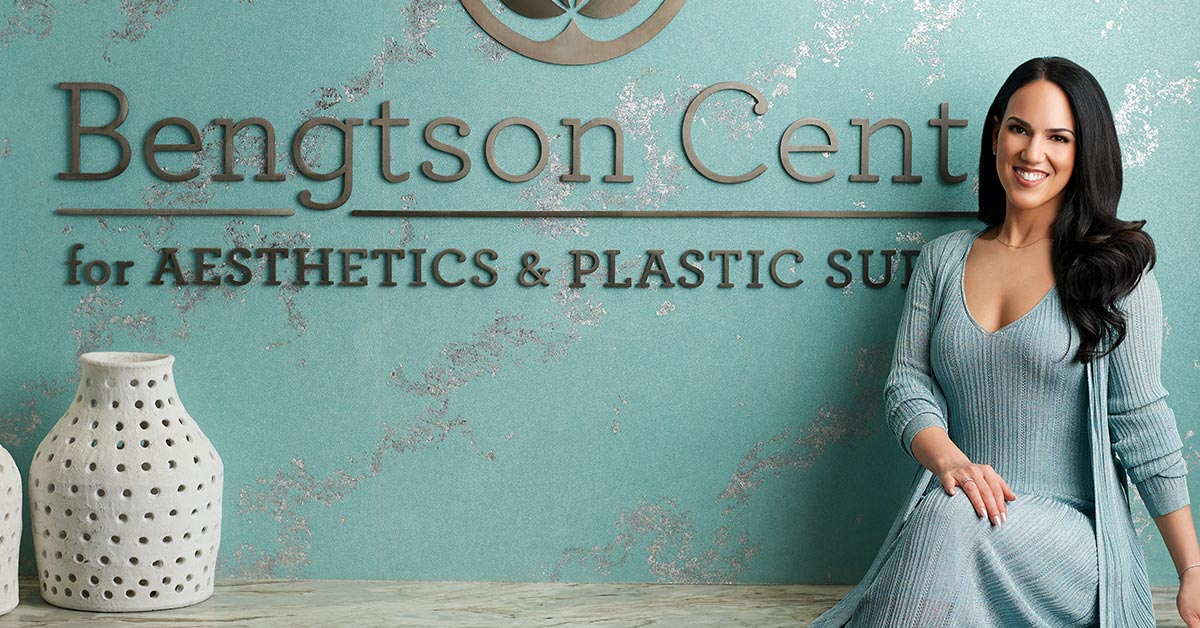
Christy Malone and her husband ate organic foods and used all-natural beauty products such as deodorants, soaps, shampoo and makeup. It wasn't until the bursting of a disposable diaper on their second child that the couple questioned what products they were using on their children.
"We already had a natural lifestyle, but never considered that diapers could potentially contain chemicals," said Malone, President and CEO of Smart Bottoms. With one look at the little clear beads from the diaper stuck onto her newborn's skin, a business idea was born—and chemical-laden diapers would soon become a thing of their past.
Smart Bottoms is an organic cloth diapering system that's made in the USA and has expanded to Bumblito, a separate brand offering accessories such as bibs, blankets, car seat covers and diaper bags. Parents looking for a more natural lifestyle can obtain both cloth diapers and baby accessories all from (ironically) two people raised on disposable diapers, even using them on their first child.
Malone's research uncovered that most cloth diapers use polyester, which is manufactured overseas and not heavily regulated; children can have a sensitivity to it. Her search for an organic diaper, made in the United States, continued until she decided to produce her own—and, side note, she does not sew.
"We started cloth diapering our daughter with a name-brand cloth diaper that was lined with polyester. She ended up being severely allergic to polyester and we started searching for an organic, made-in-the-USA option." When the search turned up empty, she decided to create Smart Bottoms.
"I figured if this was a problem for me it was probably a problem for other parents." So, Malone hired a local seamstress to design the first Smart Bottoms prototype. Within two months, the company had outgrown one facility; now, products are in 30 different countries, with three manufacturing facilities across the United States.
With cloth diapers containing fewer chemicals than disposables and adding the obvious cost factor—the average family spends around $2,500 to $3,000 using disposable diapers on one child—going the cloth diaper route means you're contributing less waste into landfills. (Disposable diapers are the third-largest single consumer item in landfills.)
"The growth of our brand and the place we play in the industry speaks for itself as far as what our customers think," said Malone. "We've been around for 7½ years. We have positioned ourselves as one of the leaders in the industry."
What sets them apart in the industry is their own in-house designer who creates all the prints. New and cutting-edge prints give Smart Bottoms a fashionable advantage, which translates to company growth as more parents use the diapers as a fashion accessory.
"Even disposable diaper companies print on the outside paper. They recognize that parents care about that look. You can use them for a special photo shoot or birthday party or picture."
For those who love and appreciate the prints but don't use cloth diapers, Bumblito was a way to still sell the print and cater to a fan base, opening up a new avenue of business. The prints entice customers to try the brand, and Malone feels the solid customer service brings them back.
"Our prints definitely contributed to our fast growth within the industry; however, the thing that still sets us apart is our commitment to producing organic, 'Made in the USA' products. Parents can be confident that they are purchasing products that are not only safe, but also ethically made."
While cloth diapering is not something everyone understands, excellent customer service steps in for advice on how to wash, remove stains and navigate cloth diaper culture. The misconceptions are many—the most common being the ick factor.
"Anyone who is a parent, if you have a baby in diapers, there's going to be poop involved," said Malone. "But today's cloth diapering includes bio liners, which are thin sheets of biodegradable cotton that collect the solids, making clean-up easy."
Malone also cites additional loads of laundry as another argument against cloth diapers. From changing sheets on the crib or washing numerous outfits in a day, "doing an extra couple loads a week for cloth diapers isn't a big deal in the grand scheme of things." At the end of the day, families relying on a business that cares and caters to a natural diaper lifestyle means one less thing or chemical to worry about.
"Our name is synonymous with quality and safety," said Malone. "I love knowing that my kids are able to see their mom build a business. I like to be that example to them. Being an entrepreneur—it's a series of lessons. When you start a business, you don't even know what you don't know. It's something new every day."

Find out more at www.smartbottoms.com or head to local retailers Hop Scotch Children's Store in Grand Rapids and EcoBuns in Holland to purchase products.
Written by Missy Black, a footwear fanatic, style child and contributing writer for West Michigan Woman.
Photos courtesy of Jessie Owens and Ashley Avila.




